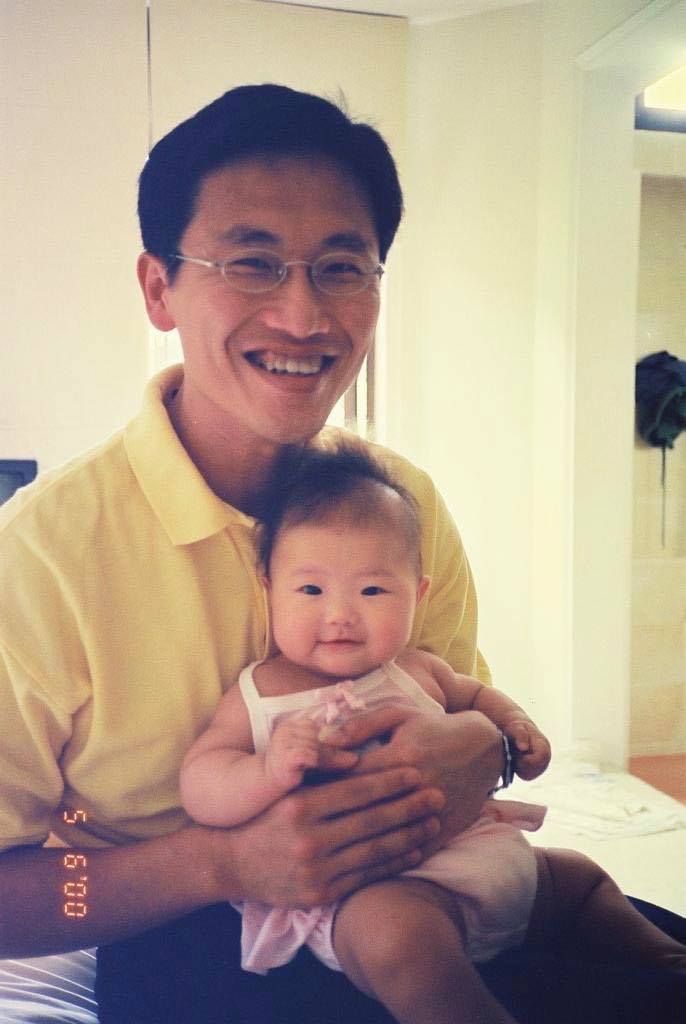There are some encouraging signs that Chinese dialects will survive in Singapore. One reason is that the government appears comfortable that its pro-Mandarin policy has largely succeeded and that there is no need to be so ruthless in “chopping the dialect roots” for whatever political reasons.
Unlike the first-generation leaders, the newer generations of government leaders are not worried about dialect-speaking rabble-rousing leaders within the People’s Action Party and outside who may pose a threat to them. Most Chinese Singaporeans today have become unfamiliar with dialects, anyway. Prime Minister Lee Hsien Loong seems more concerned that young Chinese Singaporeans have been adopting English as the default language.
All this points to a much overdue reset.
Dialects have the human touch (that Mandarin does not) and can promote intimacy, said Ong Ye Kung on Dec 12. Even if they may not have much commercial value, they can help bind people emotionally, The Straits Times reported him as saying. The Health Minister, a Hokkien, was speaking in Hokkien and Mandarin to more than 800 guests at the 100th anniversary dinner of the Singapore Ann Kway Association. He told the gathering his daughter was interested in learning Hokkien from his wife and her grandmother. “It may not have much commercial value, but dialects do have the effect of bringing people closer,” he added.
I am glad Ong seems less fixated on Mandarin as the be-all and end-all lingua franca of Chinese Singaporeans. Mandarin is NOT, has never been. Anyone who had ever listened to Low Thia Khiang speaking Teochew in Hougang will understand this.
Here’s a repeat of what I wrote on dialects in February this year, just before the Chinese New Year:
Headline: “Bring back the Chinese dialects. Be the Singaporean Chinese we should be and not what the PAP wants us to be”
“World-wide, there are 60 million Cantonese-speaking Chinese. That’s a middle-power country in the making. The Hokkiens are almost as powerful, totalling 46 million – 28 million in mainland China, 13.5 million in Taiwan, 2 million in Malaysia, 1.5 million in Singapore and 1 million in the Philippines. This is the size of yet another large country.
“We lost the chance to tap more aggressively on these links. Just as the hyperactive and garrulous Cantonese in Hong Kong are being sadly mainlandised into a colourless entity, Singaporean Chinese are facing the same prospect of a nondescript cultural future.”
Every other dialect – from Hainanese to Khek – has made the Singapore Chinese tapestry so much richer and more colourful in Singapore than in any enclave within the Chinese mainland or any diaspora elsewhere.
Nurture the dialects before it is too late. Listen to Ong Ye Kung’s daughter.
ASEAN leaders in Qatar
Malaysia’s King Sultan Abdullah Ahmad Shah was in Qatar for the World Cup. I was not at all surprised. If ever there was a soccer fan and supporter of Malaysian and Asian soccer, he would be the one. He has been involved in Malaysian soccer together since the days he was Tengku Makhota of Pahang. He was on the FIFA Council from 2015 to 2019. Malaysia certainly boleh! I think he got Fandi Ahmad and V Sundramoorthy into Pahang soccer.
But he was not the only pan-Causeway leaders at the World Cup.
Senior Minister Teo Chee Hean and Home Affairs Minister K Shanmugam were seen at the tournament too. From the picture posted, they were watching the Brazil vs Croatia match on Dec 9.
Good for them.
King Sultan Abdullah Ahad Shah certainly needs a break from having to check and double-check all these statutory declarations from contending coalitions in his country.
And the Singapore ministers need their break from all these pesky opposition MPs.
(There will be no Sense column next week on Dec 25 as I take a seasonal break. Merry X’mas and Happy New Year. See you on Jan 1 2023).
Tan Bah Bah, consulting editor of TheIndependent.Sg, is a former senior leader writer with The Straits Times. He was also managing editor of a magazine publishing company.

